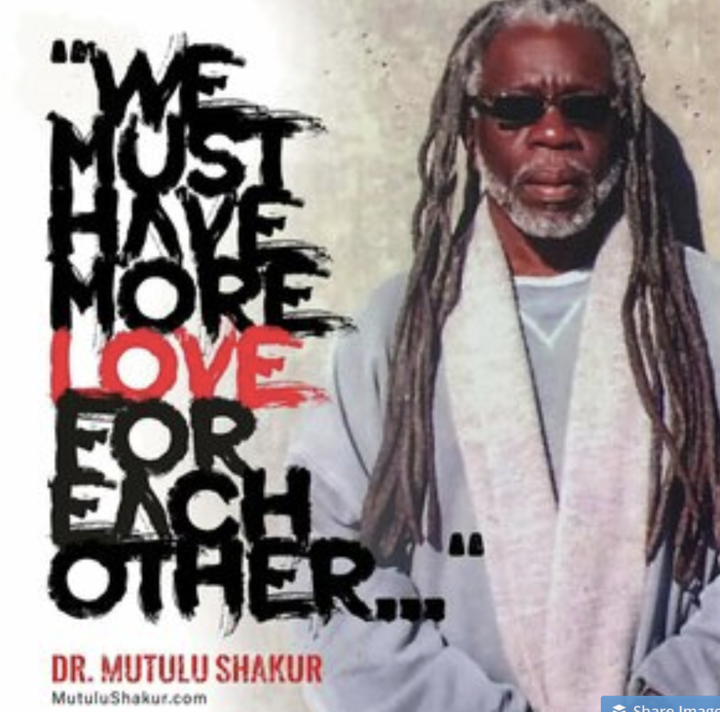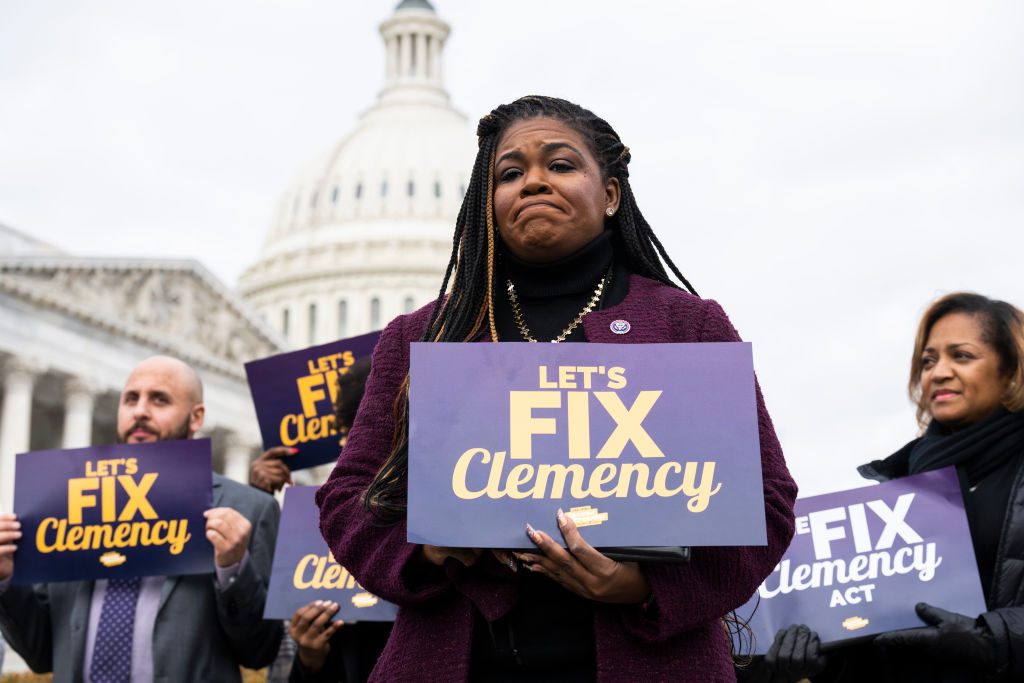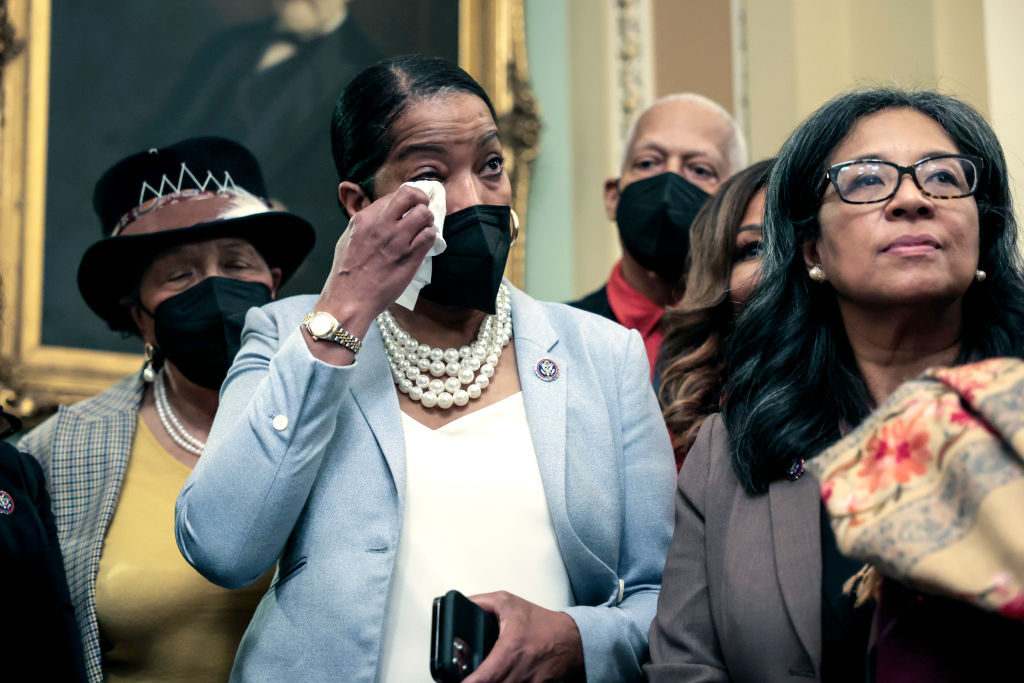
Source: Malcolm X Grassroots Movement
The recent call to action around aging Black liberation movement elder Mutulu Shakur spotlights the myriad of issues in the federal system through parole and compassionate release. And despite becoming eligible in 2016, Shakur has been denied parole nine times.
With his rapidly deteriorating health, Shakur’s legal team filed an emergency request for compassionate release at the end of June. The Intercept described Shakur as residing in a hospital bed at FMC Lexington, a federal medical center, and weighing around 125 pounds with reports of confusion, frequent incontinence and needs assistance with all daily activities.
Supporters have asked people to sign a petition calling for Shakur’s release.
Please sign this petition and contact your Congress members to tell them that you support parole and compassionate release for Mutulu Shakur.https://t.co/Hc8OpJYCuB
— Brad Thomson (@BradThomsonNoP) July 8, 2022
At 71, Shakur has a severely compromised immune system, raising additional concerns given his repeated COVID-19 exposure. Studies show that people aged 55 and older are the fastest-growing segment of the U.S. prison population.
Compassionate release is a rarely granted
Compassionate release requests exploded at the beginning of the COVID-19 pandemic. The rate of release, despite the grim outcome of elderly incarcerated folks and those with debilitating diseases amid a global pandemic, didn’t translate into urgency in action.
According to the Prison Policy Initiative, healthcare in the federal system is not of the best quality. While Shakur has reportedly received a bone marrow transplant and undergone chemotherapy, there are likely compounding factors in his care and current state of being that minimize treatment efficacy.
Arguably, his current standard of care is likely not the best course of treatment for the condition, but what is sufficient from the bureau’s position in managing a person’s conditions. As of May 2022, there were 4,240 incarcerated people over 65. And with an aging population comes increased costs of care, which undoubtedly increases when someone is diagnosed with a severely debilitating disease.
Data from the U.S. Sentencing Commission shows that an overwhelming majority of compassionate release requests are denied. Requests submitted before Kentucky federal courts in 2020 and 2021 were approved less than seven percent of the time.
The number of incarcerated people granted compassionate release increased during the first two years of the pandemic. This was partly due to a provision in the First Step Act allowing incarcerated people to apply for it themselves. But in many cases, judges remained unwilling to approve the request.
Clemency backlog further limits available relief.
Clemency is another mechanism for reducing a sentence available to the president and governors. It can be used to grant a pardon or commutation of a sentence, reducing the length.
The Center for American Progress noted the Supreme Court called clemency the “fail-safe.” In Shakur’s case, clemency could provide relief where the courts and the parole system have refused to act. But it’s probably unlikely to happen.
Currently, the Office of the Pardon Attorney processes applications for federal clemency. The pardon attorney assists the president by reviewing pending applications. The president’s clemency power is listed in the Constitution.
Rep. Ayanna Pressley has been a proponent of reforming the federal clemency process. Pressley, along with Reps. Cori Bush and Hakeem Jeffries introduced the Fair and Independent Experts in Clemency Act (FIX Clemency Act). Instead of a single pardon attorney, the FIX Clemency Act would create an independent panel of nine individuals to manage requests.

Rep. Cori Bush co-sponsored legislation to fix federal clemency Source: Tom Williams / Getty
“Democratic and Republican Presidents, alike, have circumvented the Department of Justice process because of its inefficiency and bias,” read a statement about the proposal. “Policymakers, legal advocates, academics, and people who are involved with the federal criminal legal system agree that it is past time for structural reform that centers justice and equity.”
In May, Pressley joined several colleagues requesting Pardon Attorney Elizabeth Oyer to provide disaggregated demographic data on the pending clemency applications. The representatives say such a breakdown will help them better understand the broken clemency process.
“Clemency is an innate part of our nation’s legal system and is expressly mentioned in the United States Constitution,” the lawmakers wrote. “Despite the current lag, it remains a significant tool to rectify injustices and reduce prison populations. The federal government has a responsibility to ensure the clemency process is unfettered and accessible to all.”
Pressley also testified during an Oversight Committee hearing about the need for clemency reform.
My legislation would transform how clemency works by replacing the redundant and biased Department of Justice process with a new and independent U.S. Clemency Board.
The Board would be composed of experts in fields like behavioral health and rehabilitation, appointed by the President. There would also be a seat at the table for a person who is formerly incarcerated, because I believe the people closest to the pain should be the closest to the power, driving and informing the policymaking.
Currently, applications for clemency are under the full control of staff in the Department of Justice and must undergo repeated scrutiny with duplicative layers of bureaucratic review.
Experts have warned that this structure creates a prosecutorial bias against each applicant, and at any point in this process, one lone staffer can unilaterally prevent an application from moving forward.
SEE ALSO:
Kathy Boudin, Activist Who Served 22 Years In Prison Dies at 78
Former Black Panther Sundiata Acoli Wins Parole Appeal After Nearly 50 Years In Prison
window.addEventListener(‘interaction’, function () {
setTimeout(function () {
var s = document.createElement(‘script’), el = document.getElementsByTagName(‘script’)[ 0 ];
s.async = true;
s.src = ‘https://platform.twitter.com/widgets.js’;
el.parentNode.insertBefore(s, el);
}, 1000)
});

